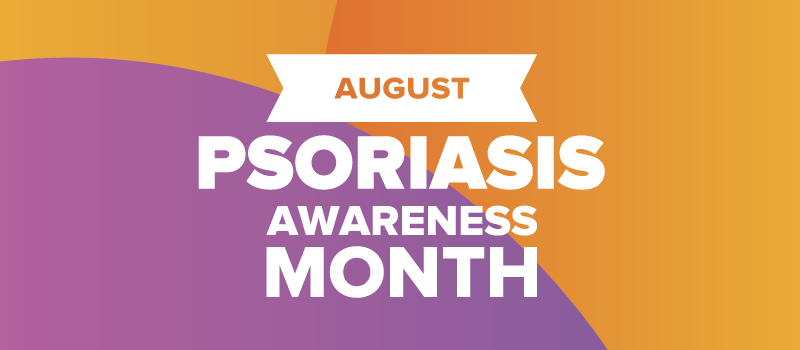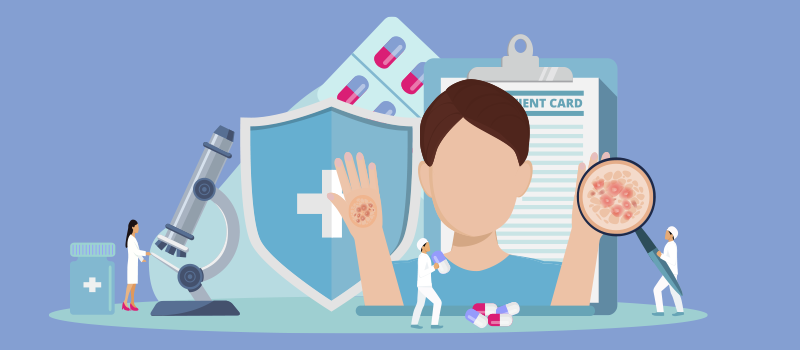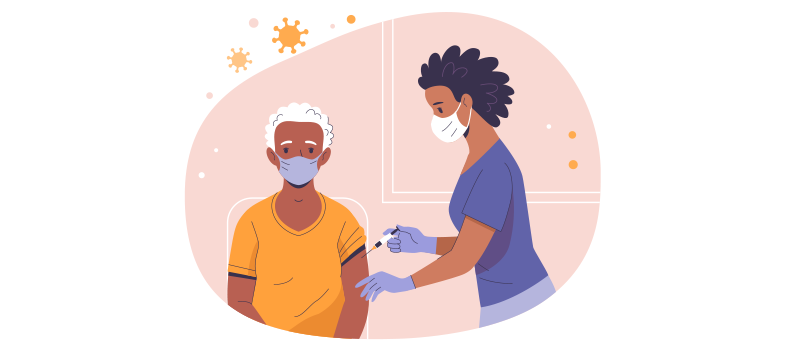What’s the Buzz
The Bee Healthy Blog
What is Ivermectin and What is it Used For?

When the COVID-19 pandemic began sweeping across the world in 2020, scientists, researchers, and healthcare providers started searching for effective treatments against the SARS-CoV-2, more commonly referred to as coronavirus, that is responsible for the egregious death toll and long-term side effects of people around the world. Two oral drugs that were investigated included hydroxychloroquine at the beginning of the pandemic and more recently, ivermectin. In this article, we will be talking about ivermectin, a drug that has received considerable media coverage and increased public visibility during the pandemic.
Continue reading to learn more about ivermectin, including ivermectin’s proper use, the potential side effects, and whether it can be used for mass treatment of COVID-19.
What is ivermectin?
There is a lot of misinformation around ivermectin. It is important to know that there are two types of this medication—one type is prescribed by doctors for people to treat specific types of disease, the other type of ivermectin is prescribed by veterinarians that is only appropriate and safe to be used in animals. In this article, the information pertains to the type of ivermectin that is intended to be used in humans.
Ivermectin (brand name Stromectol) is a drug used to treat infections caused by certain parasites, such as Strongyloides stercoralis (threadworm) and Onchocerca volvulus—these are roundworms that cause illnesses called strongyloidiasis and onchocerciasis, or river blindness, respectively.
Ivermectin belongs to a class of medications called anthelmintics. It is a prescription antiparasitic drug that is available as a low-cost generic formulation. Stromectol is the brand name counterpart of ivermectin.
Why is ivermectin treatment prescribed for humans?
Threadworm is a type of roundworm that enters the human body through the skin, moves through the air passages, and settles in the intestines. Onchocerciasis or river blindness is caused by a roundworm that can cause bumps in the skin, a mild, itchy skin rash, and problems with vision that could lead to blindness.
Strongyloidiasis causes gastrointestinal symptoms such as heartburn, diarrhea, stomach pain, however, a lot of people are infected without any symptoms.
Ivermectin works by damaging the worms’ nerves and muscles, by doing so, this medicine paralyzes the worms while inactivating their gut. Keep in mind, ivermectin does not kill all worms. This drug paralyzes adult worms while killing their offspring (the larvae), which results in slowing down worm reproduction, and leads to fewer worms in human skin, eyes, and blood over time.
What are the other uses of this medicine?
The U.S. Food and Drug Administration (FDA) has approved ivermectin to treat tropical diseases like onchocerciasis and helminthiasis (worm infections). It is also used for other conditions like pubic and head lice and scabies (an itchy skin infestation caused by a mite). It has also been known to help patients with type 2 rosacea, which causes red bumps or pustules on the face due to Demodex mites. In addition, there are ongoing clinical trials to evaluate whether ivermectin can reduce malaria transmission by killing the mosquitoes that spread this infection. In some countries, ivermectin is given as a single annual dose to treat an infectious disease like filariasis.
Ivermectin is widely used to treat parasitic infections and is generally well tolerated. However, the FDA has not authorized or approved ivermectin for the treatment or prevention of any viral infection, including COVID-19 in humans and animals due to the fact that ivermectin has not been shown to be safe or effective for these indications.
As mentioned previously, there is another type of ivermectin that is intended for use in animals to treat internal and external parasites and certain parasitic diseases like heartworm disease in some small animals. Humans should never take ivermectin intended for animals. These ivermectin products are highly concentrated and have not been evaluated for safety and effectiveness in humans. Some of these products can be highly toxic and cause serious long-term side effects or even death because they are meant for large animals like horses. Also, a lot of the inactive ingredients that are used in veterinary medicine are toxic for humans.
How should this medication be used?
You should take ivermectin tablets exactly per your doctor’s instructions. If you do not understand any of the drug information provided to you, ask your health care provider or pharmacist. Follow the directions on the prescription label. Do not take more or less of this medication or take it more often than prescribed.
Ivermectin comes in the form of a 3-mg tablet to be taken by mouth. The usual dosage is a single dose taken on an empty stomach with a glass of water. To effectively treat an infection like onchocerciasis, more than one dose may be needed. If your infection has not cleared, your doctor may prescribe an extended dosing schedule, with additional ivermectin doses at 3, 6, or 12 months after the first dose.
What precautions should I take while taking ivermectin?
Before starting ivermectin treatment, please provide your healthcare provider with a complete list of all your other medicines, including prescription drugs, over-the-counter medicines, dietary supplements, and herbal products. This can help avoid serious drug interactions and adverse effects. Tell your doctor if you have an allergy to any of the active or inactive ingredients in ivermectin.
Before ivermectin use, tell your healthcare provider if you have liver or kidney disease or a weak immune system (for example, from HIV/AIDS). Be sure to mention if you have ever had meningitis or African sleeping sickness. Inform your health care providers if you are pregnant or breastfeeding. Certain medicines are excreted into breast milk and can affect the baby. Tell your healthcare providers immediately if you become pregnant during ivermectin treatment because this drug might harm an unborn baby. Ask your doctor about the safety of drinking alcohol while on ivermectin.
Missed Dose: Ivermectin is usually taken as a single dose. Tell your doctor if you do not take the next scheduled dose of ivermectin (if you have been told to take extra medicine).
Make sure you keep all your appointments with your health care providers. When ivermectin anti-parasite medication is used to treat strongyloidiasis, patients need to provide frequent stool samples (at least three times in the first three months of treatment) to see if the infection has cleared. If the infection is still present, your doctor will likely prescribe additional doses of ivermectin.
What are the side effects of ivermectin?
Ivermectin can cause adverse effects such as dizziness, weakness, sleepiness, chest discomfort, uncontrolled shaking, changes in mental status, muscle aches, nausea, vomiting, diarrhea, constipation, stomach pain, loss of appetite, and problems with bowel control. You should tell your doctor if these side effects of ivermectin treatment are severe or do not go away.
When used for the treatment of onchocerciasis, ivermectin can cause adverse effects such as swelling of the face, arms, hands, lower legs, and feet; joint pain and swelling; painful, swollen glands in the neck, armpits, or groin; eye pain, swelling of the eyelids or eyes, unusual sensations in the eyes; and rapid heartbeat. Contact your doctor if you experience these side effects.
Allergic reactions to ivermectin, although rare, require emergency medical help. Seek emergency medical attention if you develop signs and symptoms of an allergic reaction such as trouble breathing, swelling of face, throat, tongue, rash, peeling or blistering skin, hives, itching, and fever while taking ivermectin.
Does the World Health Organization or the FDA recommend ivermectin for the treatment or prophylaxis of Covid-19 infection?
During experiments in the laboratory, in vitro studies suggest that ivermectin blocks the nuclear import of viral proteins that are responsible for suppressing the normal immune response in humans. Also, in vitro ivermectin has been found to have broad-spectrum activity against other viruses like Zika, dengue, yellow fever, and HIV in the laboratory. However, clinical trials in humans have shown no benefit in patients with these viruses.
Specifically, clinical trials have not provided sufficient evidence for or against the use of ivermectin to treat COVID-19. Well-designed, large clinical trials are needed for more specific and accurate evidence on the role of ivermectin in COVID-19 treatment and prevention before it can be used for mass treatment in humans.
References:
1. https://www.health.harvard.edu/diseases-and-conditions/treatments-for-covid-19
2. https://www.covid19treatmentguidelines.nih.gov/therapies/antiviral-therapy/ivermectin/












SOCIAL